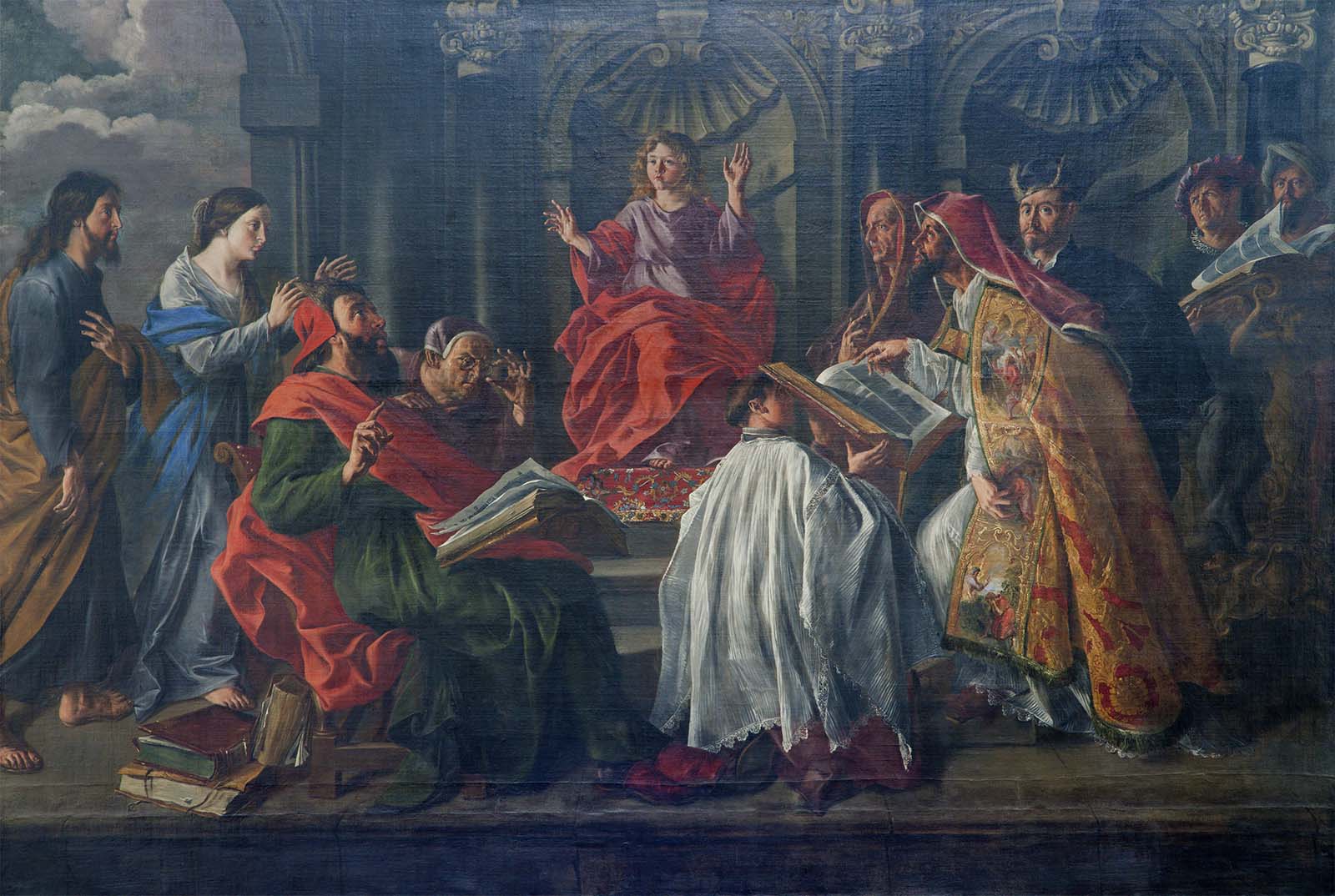Christ summarizes the goal of Christian morality at the end of the Sermon of the Mount:
“Not every one who says to me, ‘Lord, Lord,’ shall enter the kingdom of heaven, but he who does the will of my Father who is in heaven. On that day many will say to me, ‘Lord, Lord, did we not prophesy in your name, and cast out demons in your name, and do many mighty works in your name?’ And then will I declare to them, ‘I never knew you; depart from me, you evildoers’” (Matthew 7:21-23).
To be happy, to “be comforted” in the “kingdom of heaven” and “be satisfied” “inheriting the earth,” to “see God” and “obtain his mercy” as “his children” (see the Beatitudes in Matthew 5:3-12), it’s not enough to teach others (“prophesy”); it’s not enough to help other people overcome their “demons” or do great “works” of philanthropy; no, we must do God’s will, forming a relationship with him. The whole Sermon of the Mount summarizes this.
Again our Lord summarizes Christian morality in his description of the Last Judgment:
“When the Son of man comes in his glory… he will separate one from another as a shepherd separates the sheep from the goats… the King will say to those at his right hand, ‘Come, O blessed of my Father, inherit the kingdom prepared for you from the foundation of the world; for I was hungry and you gave me food, I was thirsty and you gave me drink, I was a stranger and you welcomed me, I was naked and you clothed me, I was sick and you visited me, I was in prison and you came to me… Truly, I say to you, as you did it to one of the least of these my brethren, you did it to me.’ Then he will say to those at his left hand, ‘Depart from me, you cursed, into the eternal fire prepared for the devil and his angels; for I was hungry and you gave me no food… Truly, I say to you, as you did it not to one of the least of these, you did it not to me.’ And they will go away into eternal punishment, but the righteous into eternal life” (Matthew 25:31-46).
St. Pope John Paul II tells us: “This Gospel text is not a simple invitation to charity: it is a page of Christology which sheds a ray of light on the mystery of Christ. By these words, no less than by the orthodoxy of her doctrine, the Church measures her fidelity as the Bride of Christ” (Novo Millennio Ineunte, 49). Living the Beatitudes in fidelity to Christ teaches us to see him in the needy, living out his Gospel in all our actions. Pope Francis calls this “the Great Criterion” of Christian morality:
In [Matthew 25:31-46] Jesus expands on the Beatitude that calls the merciful blessed. If we seek the holiness pleasing to God’s eyes, this text offers us one clear criterion on which we will be judged…Holiness, then, is not about swooning in mystic rapture… In this call to recognize him in the poor and the suffering, we see revealed the very heart of Christ, his deepest feelings and choices, which every saint seeks to imitate (Gaudete et exsultate, 95-96).
The Pope wants us all to be holy and fulfill Christian morality in everyday life, which is also reflected in Christ’s Good Samaritan parable (Luke 10:30-37):
If I encounter a person sleeping outdoors on a cold night, I can view him or her as an annoyance, an idler, an obstacle in my path, a troubling sight, a problem for politicians to sort out, or even a piece of refuse cluttering a public space. Or I can respond with faith and charity and see in this person a human being with a dignity identical to my own, a creature infinitely loved by the Father, an image of God, a brother or sister redeemed by Jesus Christ. That is what it is to be a Christian! Can holiness somehow be understood apart from this lively recognition of the dignity of each human being? (Gaudete et exsultate, 98).

